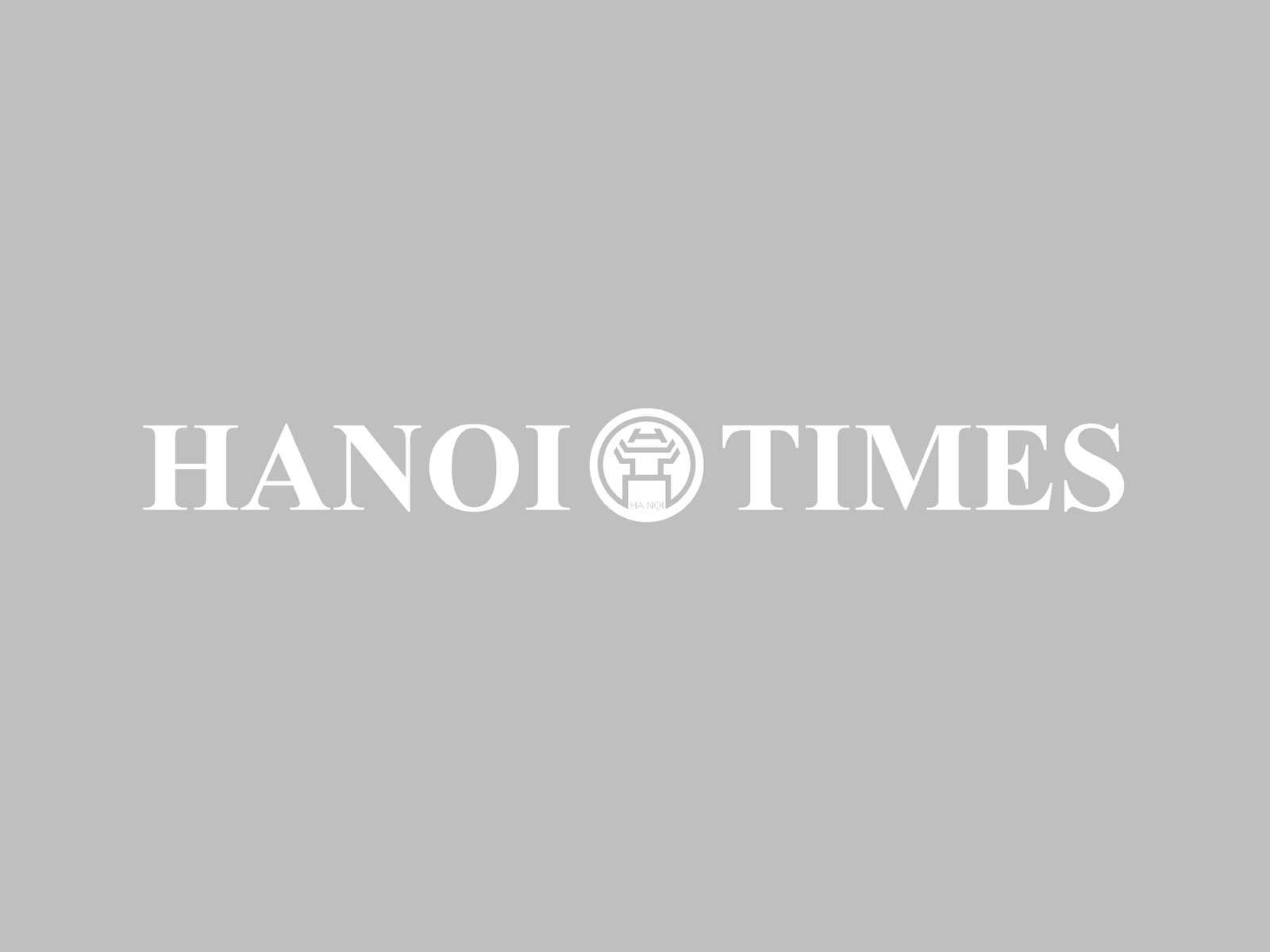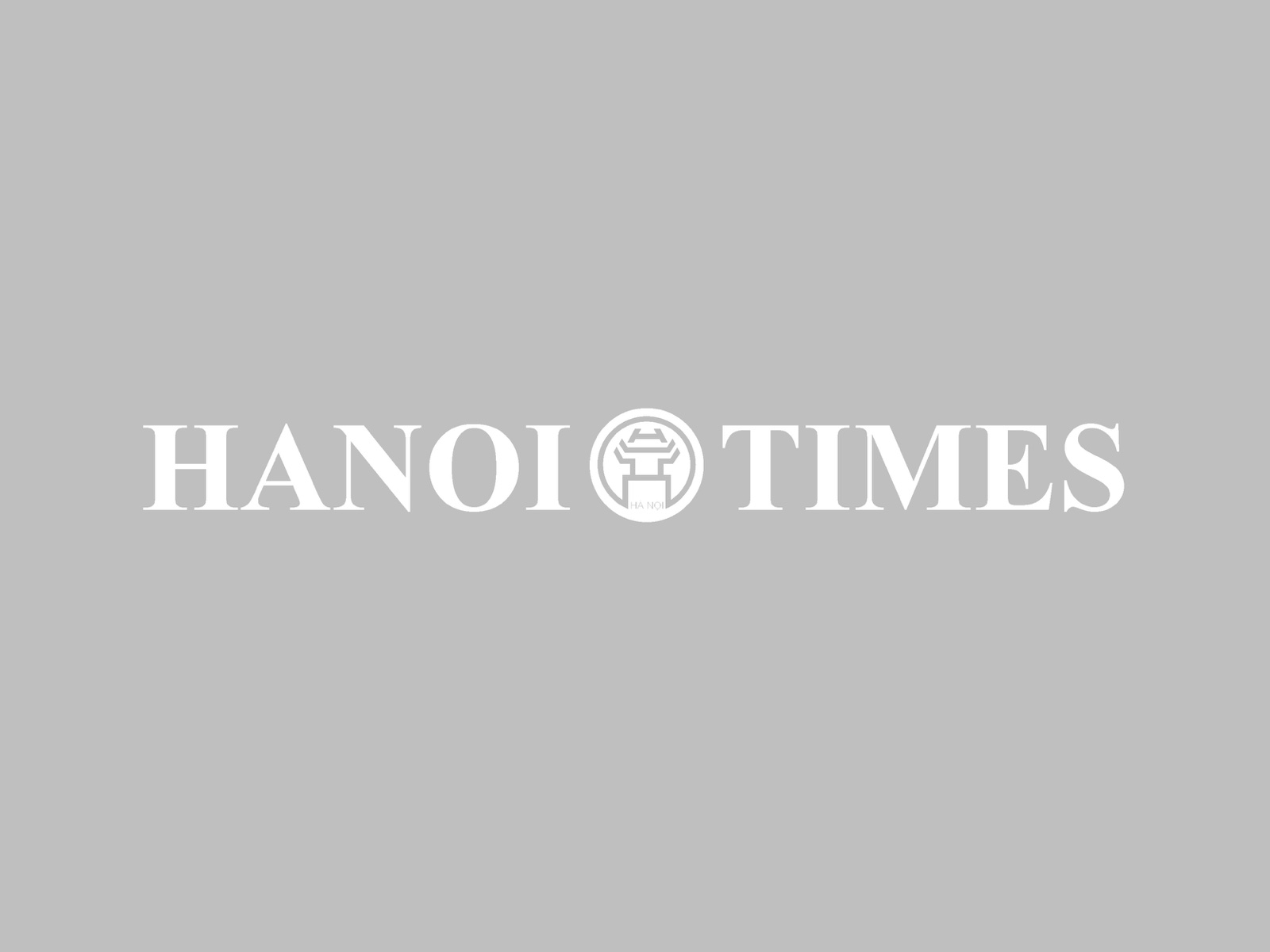Investment
Potential for attracting FDI in Hanoi remains large: Prof. Nguyen Mai
Oct 15, 2019 / 09:48 AM
Talking to Economic & Urban newspaper, Prof. Dr. Nguyen Mai, Chairman of the Association of Foreign Invested Enterprises (VAFIE), affirmed that the potential for attracting FDI into Hanoi is still huge in the years ahead.
Potential untapped
How do you evaluate the foreign direct investment FDI attraction over the past time and the potential to attract foreign investment into Hanoi in the future?
Since Hanoi founded the Trade Tourism Promotion Investment Center and now another one for farm trade and investment, the investment attraction has been more successful. Hanoi’s authorities have held meetings with investors in which they give answers to every issue of investors’ concern.
In the Socio-Economic Development Program for the period of 2018-2020, Hanoi established three breakthrough missions including administrative reform, infrastructure development and high quality human resources training. Accomplishing these tasks would create a better business environment and attract more FDI.
Hanoi still has much room to attract FDI in the coming years. Vietnam has been a member of many global and regional free trade agreements. Many tariff lines have been reduced to 0%, representing a big advantage for investors to pour capital into Vietnam, including Hanoi. However, FDI attraction in Hanoi has not matched the potential and leaves much to be desired. Currently, investors have not poured much money in projects such as R&D, Internet of Things (IoT), Artificial Intelligence (AI), Big Data, Virtual Reality (VR), Augmented Reality (AR), Cloud Computing, among others.
According to the recently issued Politburo Resolution No.52-TQ/TW on Industry Revolution 4.0, digital economy is expected to make up 20% of GDP by 2025 and over 30% of GDP by 2030. Vietnam will have at least three smart cities in the northern, central and southern regions of the country.
By 2030, Vietnam will finish building digital government and create some chains of smart cities in the country. Obviously, the Party’s policies established Hanoi and Ho Chi Minh City as the driving force for the development of surrounding provinces.
What are the issues that Hanoi has to tackle to attract new generation FDI?
There are no localities with such FDI attraction potential like Hanoi and Ho Chi Minh City. The Industry Revolution 4.0 has required us to channel FDI attraction into sci-tech research and development and lure partners of high caliber like Samsung. Currently, only Samsung has built the first ever R&D center in Hanoi.
The biggest challenge for Hanoi is to change the investment structure towards modernization. Pursuant to Resolution No.50-NQ/TW of the Politburo on improving policy, enhancing quality, efficiency of foreign investment cooperation, firstly, we need to change the approach on attracting foreign investment and also FDI mindset, and consequently to change policies and actions.
If we maintain a good growth momentum and maximum support policies for investors, in 2019 Hanoi could attract greater FDI capital than before. The investment procedures in Hanoi have been streamlined, however, the methods for promoting investment need to be changed. I have worked with the Hanoi Investment Promotion Center many times and I still insist that Hanoi must go for big corporations, and should not wait for them to come to the city.
Be dynamic and more creative
Which are the biggest hindrances for investors when they come to Hanoi?
Cost is not the decisive matter for some large corporation, but time is. US and EU investors are interested in Vietnam, but they’re less successful than Asian investors because the Vietnamese market is of small size while the requirements of transparency and cultural differences compel them to consider carefully.
The most important contents in EVFTA Trade Agreement or CPTPP include intellectual property and goods origin. In Vietnam, investors often concern about counterfeit goods which are rampant despite the fact many regulations are in place to combat faked goods. In addition, Hanoi needs to ensure other criteria for investors’ satisfaction such as clean water, environmental sanitation, traffic, among others.
Besides Hanoi’s efforts, what should the central government do to help the city lure more investment?
Hanoi is subjected to the Capital Law that provides the city with a favorable legal framework for attracting investment. The question is whether Hanoi is dynamic enough to take advantage of it. The Capital Law provides room for Hanoi to be creative in attracting FDI and improving its business environment.
The central government has continued to improve strongly the business environment. According to a VCCI study, the corruption perception index is still high and 60-70% of the surveyed enterprises said they pay under-the-table fees. Though investors have tried hard, they have felt discouraged because of too cumbersome tax and customs procedures.
Thank you very much, Prof.!
How do you evaluate the foreign direct investment FDI attraction over the past time and the potential to attract foreign investment into Hanoi in the future?
Since Hanoi founded the Trade Tourism Promotion Investment Center and now another one for farm trade and investment, the investment attraction has been more successful. Hanoi’s authorities have held meetings with investors in which they give answers to every issue of investors’ concern.

Prof. Dr. Nguyen Mai, Chairman of the Association of Foreign Invested Enterprises (VAFIE)
|
Hanoi still has much room to attract FDI in the coming years. Vietnam has been a member of many global and regional free trade agreements. Many tariff lines have been reduced to 0%, representing a big advantage for investors to pour capital into Vietnam, including Hanoi. However, FDI attraction in Hanoi has not matched the potential and leaves much to be desired. Currently, investors have not poured much money in projects such as R&D, Internet of Things (IoT), Artificial Intelligence (AI), Big Data, Virtual Reality (VR), Augmented Reality (AR), Cloud Computing, among others.
According to the recently issued Politburo Resolution No.52-TQ/TW on Industry Revolution 4.0, digital economy is expected to make up 20% of GDP by 2025 and over 30% of GDP by 2030. Vietnam will have at least three smart cities in the northern, central and southern regions of the country.
By 2030, Vietnam will finish building digital government and create some chains of smart cities in the country. Obviously, the Party’s policies established Hanoi and Ho Chi Minh City as the driving force for the development of surrounding provinces.
What are the issues that Hanoi has to tackle to attract new generation FDI?
There are no localities with such FDI attraction potential like Hanoi and Ho Chi Minh City. The Industry Revolution 4.0 has required us to channel FDI attraction into sci-tech research and development and lure partners of high caliber like Samsung. Currently, only Samsung has built the first ever R&D center in Hanoi.

Thang Long Industrial Park, Dong Anh district, Hanoi. Photo: Cong Hung
|
If we maintain a good growth momentum and maximum support policies for investors, in 2019 Hanoi could attract greater FDI capital than before. The investment procedures in Hanoi have been streamlined, however, the methods for promoting investment need to be changed. I have worked with the Hanoi Investment Promotion Center many times and I still insist that Hanoi must go for big corporations, and should not wait for them to come to the city.
Be dynamic and more creative
Which are the biggest hindrances for investors when they come to Hanoi?
Cost is not the decisive matter for some large corporation, but time is. US and EU investors are interested in Vietnam, but they’re less successful than Asian investors because the Vietnamese market is of small size while the requirements of transparency and cultural differences compel them to consider carefully.
The most important contents in EVFTA Trade Agreement or CPTPP include intellectual property and goods origin. In Vietnam, investors often concern about counterfeit goods which are rampant despite the fact many regulations are in place to combat faked goods. In addition, Hanoi needs to ensure other criteria for investors’ satisfaction such as clean water, environmental sanitation, traffic, among others.
Besides Hanoi’s efforts, what should the central government do to help the city lure more investment?
Hanoi is subjected to the Capital Law that provides the city with a favorable legal framework for attracting investment. The question is whether Hanoi is dynamic enough to take advantage of it. The Capital Law provides room for Hanoi to be creative in attracting FDI and improving its business environment.
The central government has continued to improve strongly the business environment. According to a VCCI study, the corruption perception index is still high and 60-70% of the surveyed enterprises said they pay under-the-table fees. Though investors have tried hard, they have felt discouraged because of too cumbersome tax and customs procedures.
Thank you very much, Prof.!








